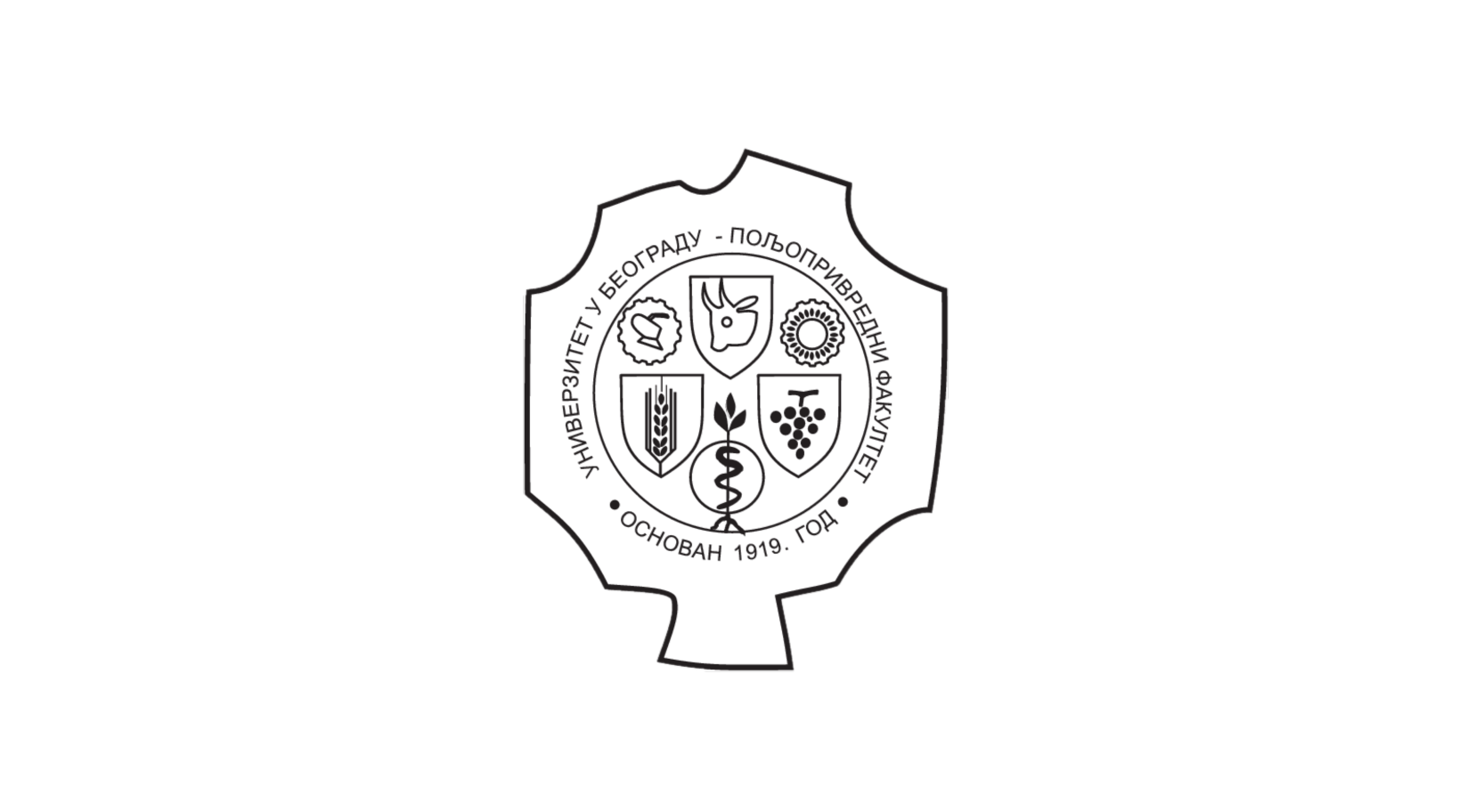Приказ основних података о документу
Food Quality 4.0: Sustainable Food Manufacturing for the Twenty-First Century
| dc.creator | Djekić, Ilija | |
| dc.creator | Velebit, Branko | |
| dc.creator | Pavlić, Branimir | |
| dc.creator | Putnik, Predrag | |
| dc.creator | Šojić Merkulov, Daniela | |
| dc.creator | Bebek Markovinović, Anica | |
| dc.creator | Bursać Kovačević, Danijela | |
| dc.date.accessioned | 2023-10-31T08:54:09Z | |
| dc.date.available | 2023-10-31T08:54:09Z | |
| dc.date.issued | 2023 | |
| dc.identifier.issn | 1866-7929 | |
| dc.identifier.uri | https://link.springer.com/article/10.1007/s12393-023-09354-2 | |
| dc.identifier.uri | http://aspace.agrif.bg.ac.rs/handle/123456789/6458 | |
| dc.description.abstract | The demand for high quality foods has steadily increased as response to market pressures and to other factors. The concept of food quality (FQ) gradually evolved to address changes in consumer perceptions and due to available technological advances. Evolution followed from FQ 1.0 (defective foods removal) over FQ 2.0 (prevention-based quality assurance), FQ 3.0 (total quality management; TQM), and finally the upcoming concept of FQ 4.0 that is focused on advanced technologies (Internet of Things, Big Data, artificial intelligence, etc.) for improving traceability, food safety, and quality assurance. This evolution from FQ 1.0 up to 4.0 followed perfection of conventional/advanced methods and the expansion of their scope to include the reductions of waste/pollution. This manuscript provides background and brief overview for current and traditional concepts of FQ with consumers in focus while mentioning techniques that are traditionally used for FQ assessments. Also, it describes migration toward FQ 4.0 and how it compares with traditional FQ, while considering products, processes, systems, and sustainable (nano)technologies for improvements of manufacturing and waste reductions. Such information is useful for practical guides for stakeholders in food chain (e.g., food managers, technologists, and consultants). Findings implied importance for developing the area within the “FQ 4.0 triangle,” whose three edges are “food science,” “quality assurance,” and “industry 4.0 (that has the tools/technologies to support this industrial concept).” This area has numerous opportunities for various applications in food sector and for gathering knowledge, currently needed in the food industry. Including data on the suitability of advanced technologies for food manufacturing (e.g., 3D printing), their association with quality/safety, reduction of waste/contaminants, all in order to reach sustainable food production. | |
| dc.language | en | |
| dc.rights | restrictedAccess | |
| dc.source | Food Engineering Reviews | |
| dc.source | Food Engineering ReviewsFood Eng Rev | |
| dc.subject | Advanced quality in innovative technology | |
| dc.subject | Sustainability nexus agricultural environmental pollution | |
| dc.subject | Food sustainability | |
| dc.subject | Food losses/waste | |
| dc.subject | Green technology | |
| dc.subject | Additive manufacturing/3D printing | |
| dc.title | Food Quality 4.0: Sustainable Food Manufacturing for the Twenty-First Century | |
| dc.type | article | en |
| dc.rights.license | ARR | |
| dc.citation.epage | 32 | |
| dc.citation.spage | 1 | |
| dc.identifier.doi | 10.1007/s12393-023-09354-2 | |
| dc.type.version | publishedVersion |


